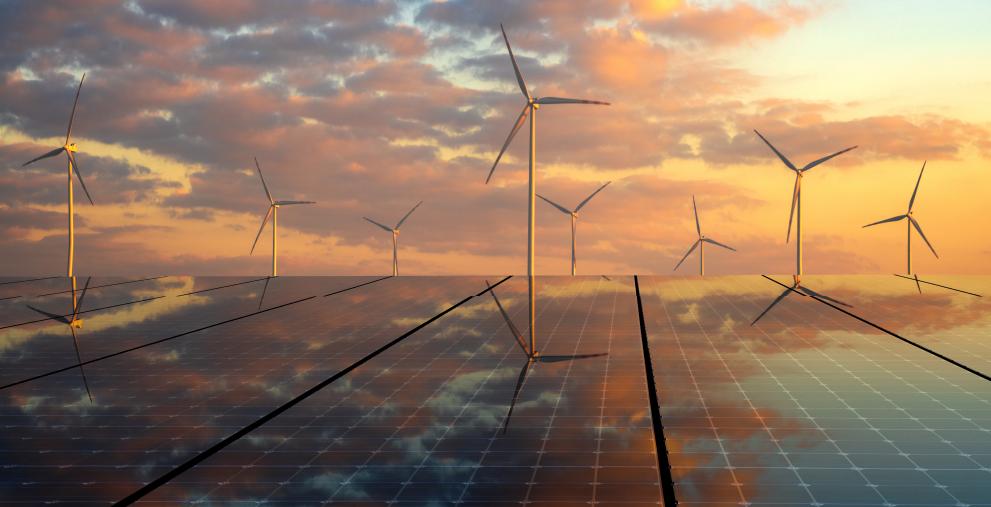
The Low-Carbon Energy Observatory (LCEO) analyses the state of play in EU research and innovation trends and the policy measures for eleven low-carbon technologies.
A dedicated 2020 report for each technology identifies development trends and market barriers, as well as best practices for use of private and public funds and for policy measures.
In addition, the LCEO monitors relevant future emerging concepts. The LCEO was created on the initiative of Directorate-General for Research and Innovation and add Horizon 2020, the EU research and innovation programme (2014-2020).
The common findings of the studies
- European research on renewables and other low-carbon energy technologies is world–class and is delivering potentially cost-effective solutions
- International competition on these technologies is intense
- More needs to be done to accelerate the roll-out of innovative solutions and to promote European industry ecosystems
Key results for each technology
- Wind energy
With a diverse research landscape, the European wind energy sector is on track to help deliver the targets of the European Green Deal and carbon neutrality by 2050. - Photovoltaics
Overview of European R&D on photovoltaics, highlighting world-class research and the challenges of transferring innovation to the commercial products needed for the European Green Deal. - Solar thermal electricity
Solar thermal electricity technology can be improved in many areas and European organisations continue to be R&D leaders, with an eye to future domestic and international market growth. - Ocean energy
Europe is a leader in the development of ocean energy technologies. EU funding programmes, like Horizon 2020, have helped the technology pave the way for market uptake in EU waters and beyond. - Geothermal energy
Despite technical and non-technical barriers still hindering the uptake of geothermal energy, research projects are producing considerable technological advancements. - Hydropower
European research offers innovative solutions for upgrading the existing and ageing EU fleet, as well as exploiting untapped low-head potential, while respecting environmental concerns. - Heat and power from biomass
Biomass technologies are key for a low-carbon energy future, providing multiple viable solutions through a mix of well-established and emerging technologies. - Carbon capture, utilisation and storage (CCUS)
Although CCUS is a breakthrough technology, initiatives will need to speed up to sustain the momentum, reduce costs and scale up the technology to help achieve the European Green Deal targets. - Sustainable advanced biofuels
The 2020 Sustainable Advanced biofuels report gives an updated assessment on state of the art of the technologies, recent development trends as well as updates on Horizon 2020 projects. - Battery storage
Discover what lies beyond the current Li-ion horizon in the battery technology development report. - Advanced alternative fuels
Power to fuel, advanced alternative fuels: find out about possible decarbonisation options
Related Content
Technology Development Report 2020:
Details
- Publication date
- 22 February 2021
